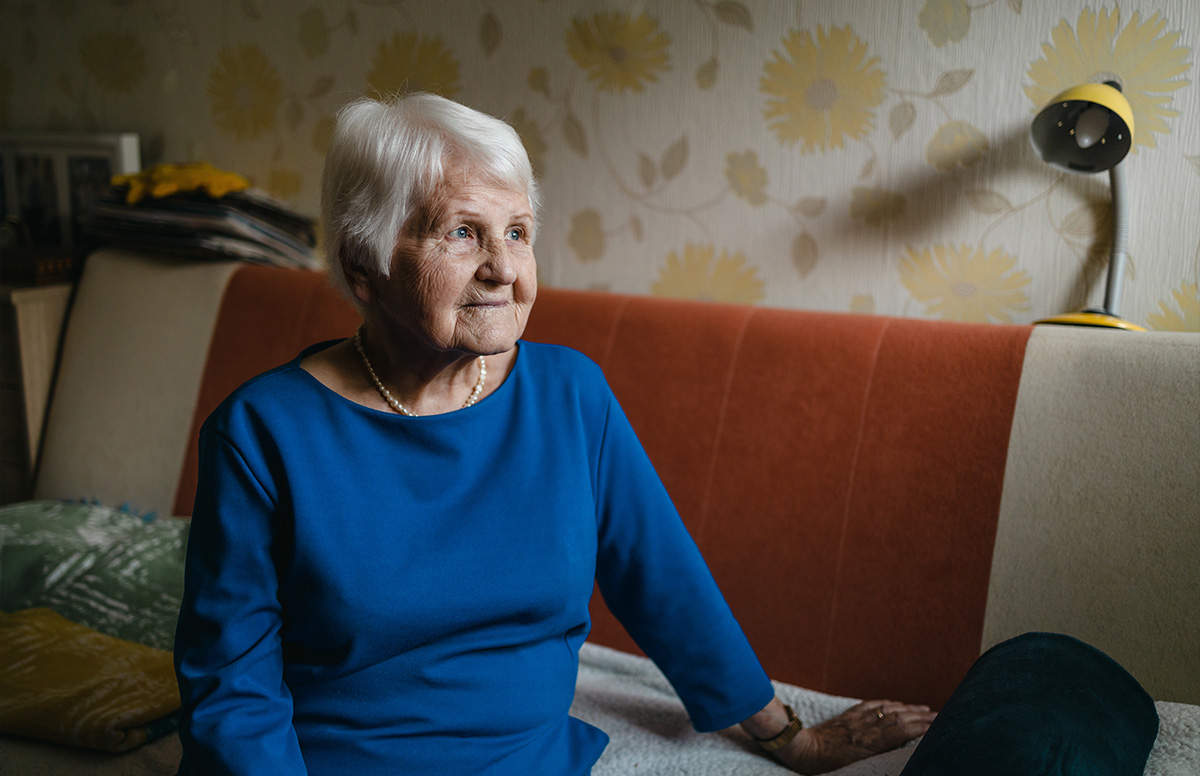The Department of Housing and Urban Development (HUD) proposed a rule on December 1 that would require 30-day notifications to HUD-assisted residents prior to lease terminations for nonpayment of rent, formalizing and extending a temporary policy related to the public health emergency.
Under the proposed rule, when tenants residing in public housing or in properties receiving project-based rental assistance (PBRA) face eviction for nonpayment of rent, housing providers would need to provide those tenants with written notification at least 30 days prior to the commencement of a formal judicial eviction procedure for lease termination.
Impacted Households
For purposes of this proposed rule, PBRA includes projects in the following programs:
- Section 8 Project-Based Rental Assistance
- Section 202/162 Project Assistance Contract
- Section 202 Project Rental Assistance Contract (PRAC)
- Section 811 PRAC
- Section 811 Project Rental Assistance Program (811 PRA)
- Senior Preservation Rental Assistance Contract Projects (SPRAC)
According to a HUD press release, the proposed rule would affect an estimated 3.9 million people: 1.7 million people in public housing and 2.2 million people in PBRA programs.
HUD’s proposed rule emphasizes the disparate harm that eviction filings cause people of color, women, and families with children; HUD states that the proposed rule would “curtail preventable and unnecessary evictions by providing tenants with time and information to help cure nonpayment violations.”
Other Eviction Notification Requirements
Prior to the COVID-19 pandemic, HUD regulated eviction for nonpayment of rent, and the timing of eviction notices, only in certain scenarios for particular HUD programs.
On October 7, 2021, HUD published an interim final rule aimed at supporting households financially impacted during the COVID-19 pandemic. In response to the national emergency declaration, HUD’s interim rule allowed the HUD Secretary to extend the time prior to lease termination for nonpayment of rent to a minimum of 30 days; HUD then issued Notice H 2021-06 to require the 30 days advance notification. HUD’s new proposed rule formalizes this requirement outside of the context of the national emergency.
In addition to the specific requirements in authorizing statutes and HUD regulations for specific HUD programs, housing providers have also been required to comply with the laws of the states and localities where particular HUD-subsidized housing is located.
HUD estimates that approximately 70% of HUD-assisted households for public housing and project-based rental assistance live in States that require housing providers to provide tenants with an eviction notice for nonpayment of rent 7 days or less before eviction, 26% of these households live in States that require 8–14 days, and 3% live in states that require 15–30 days.
Additionally, eviction actions must be consistent with and must not be discriminatory under applicable Federal civil rights laws.
LeadingAge Feedback to HUD
HUD is accepting comments on the proposed rule by January 30, 2024. LeadingAge supports evictions prevention efforts and will work with members to develop constructive feedback for the agency, including on whether 30 days is an appropriate amount of required notification time. Please reach out to Juliana Bilowich, LeadingAge’s Director of Housing Operations and Policy, to get involved.

 Shutdown Week Three: Impact of Ongoing Closure on Affordable Housing
Shutdown Week Three: Impact of Ongoing Closure on Affordable Housing


